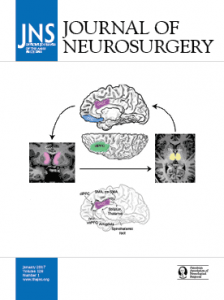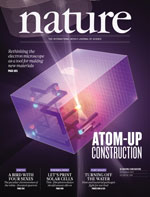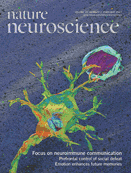 Only days after his paper was published online, a neuroscientist has posted a comment on PubMed alerting readers to several duplication errors.
Only days after his paper was published online, a neuroscientist has posted a comment on PubMed alerting readers to several duplication errors.
Despite the issues, which the researcher says were introduced into the final manuscript after peer review, he reassured readers that they do not influence the final conclusions in the paper.
On February 9, ten days after the article came online, corresponding author Garret Stuber at the University of North Carolina at Chapel Hill wrote a detailed comment on PubMed Commons, explaining that the “research community” had brought four figure-related errors to his attention. After investigating the concerns, Stuber discovered that the problems emerged after the peer-review process, “while revising the manuscript to comply with Nature Neuroscience’s final formatting guidelines.” In his note, he outlined the specific duplication issues that arose, which he says he plans to detail to the journal in a formal corrigendum letter.
Stuber alerted the scientific community about his PubMed comment via Twitter: Continue reading Neuroscientist flags errors in his days-old paper “for the sake of science integrity”

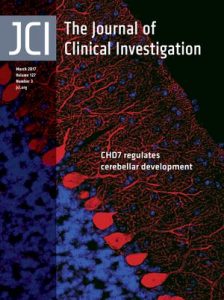
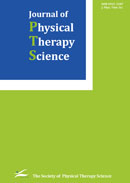

 Only days after his paper was published online, a neuroscientist has posted a comment on PubMed alerting readers to several duplication errors.
Only days after his paper was published online, a neuroscientist has posted a comment on PubMed alerting readers to several duplication errors.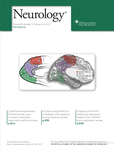 Neurology has partially retracted a 2016 paper, replacing a figure and removing the author who contributed it
Neurology has partially retracted a 2016 paper, replacing a figure and removing the author who contributed it 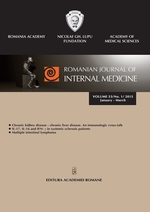 A researcher in Greece has issued extensive — what we sometimes call “
A researcher in Greece has issued extensive — what we sometimes call “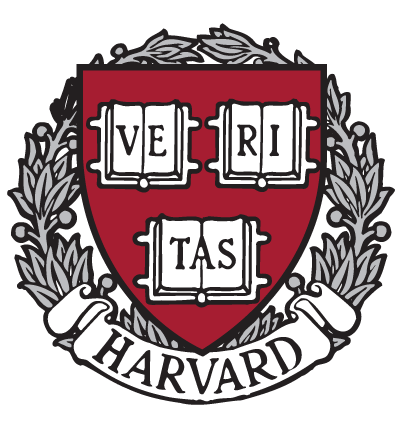 Last March, a PhD student at Harvard filed a misconduct allegation against his mentor, a prominent stem cell researcher. Three months later, he was taken from his home by police in the middle of the night for a forced psychiatric evaluation.
Last March, a PhD student at Harvard filed a misconduct allegation against his mentor, a prominent stem cell researcher. Three months later, he was taken from his home by police in the middle of the night for a forced psychiatric evaluation.